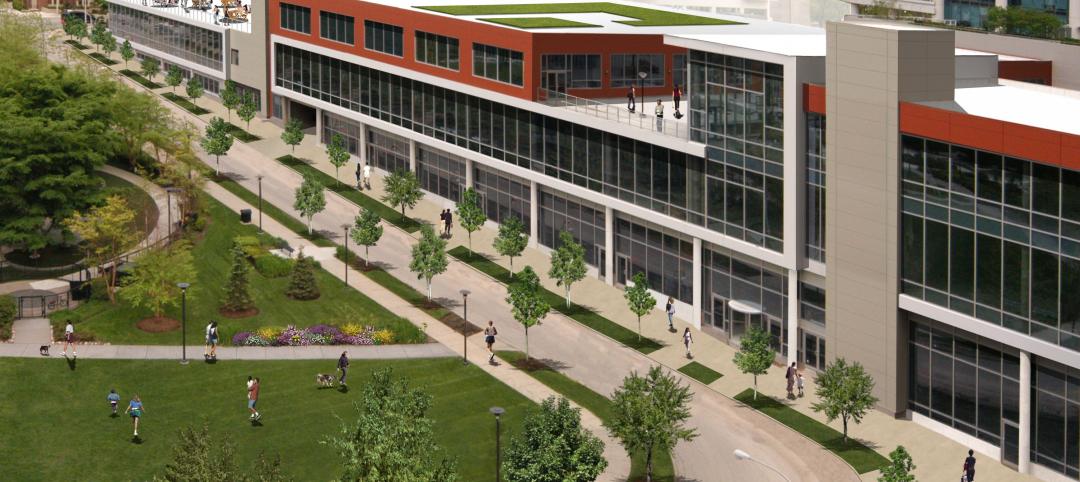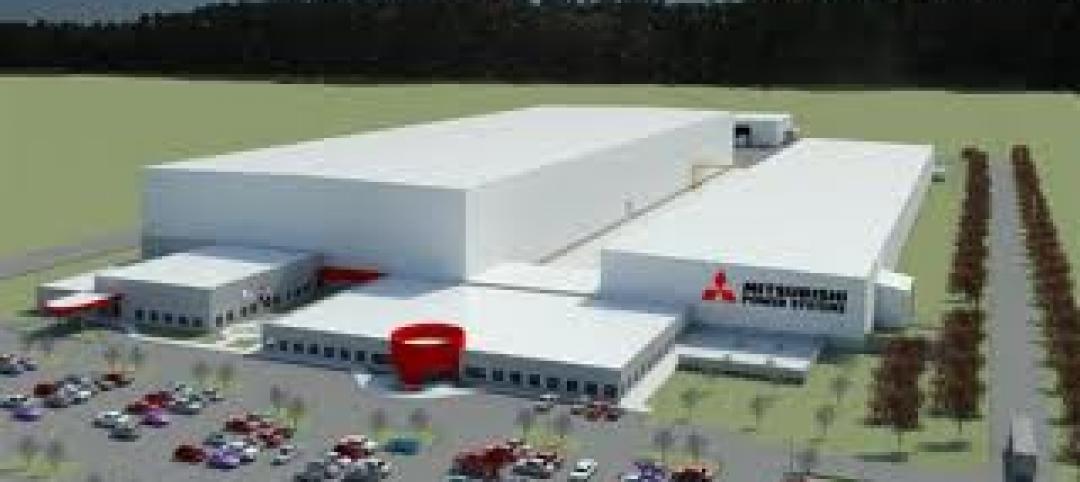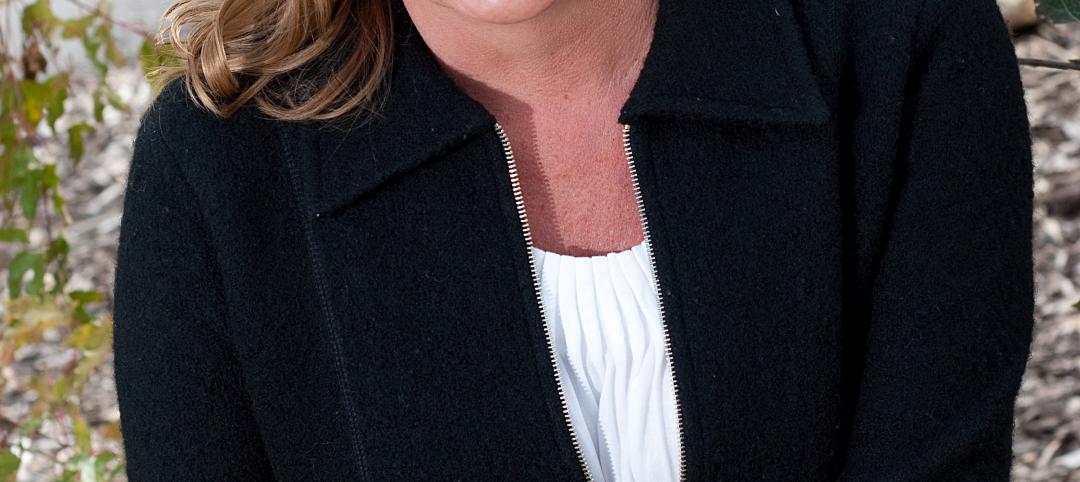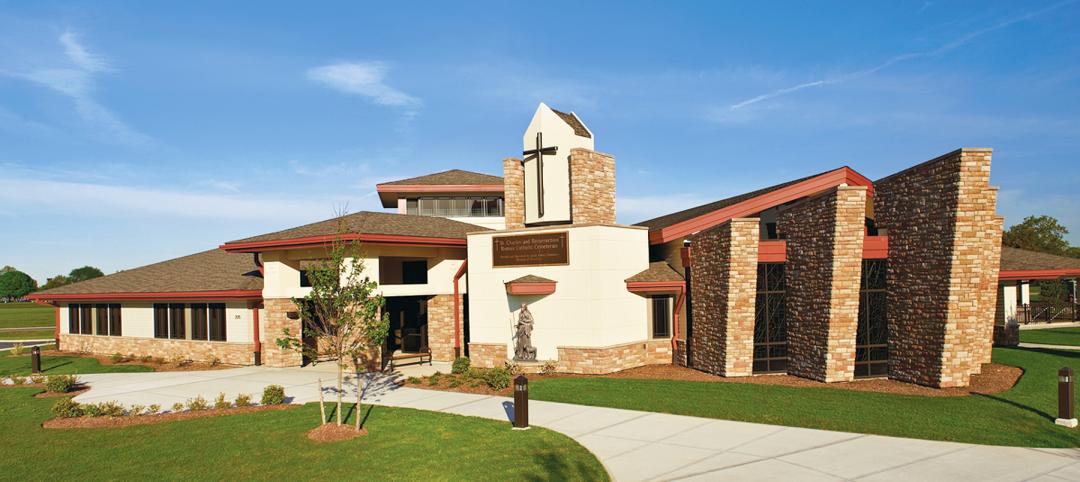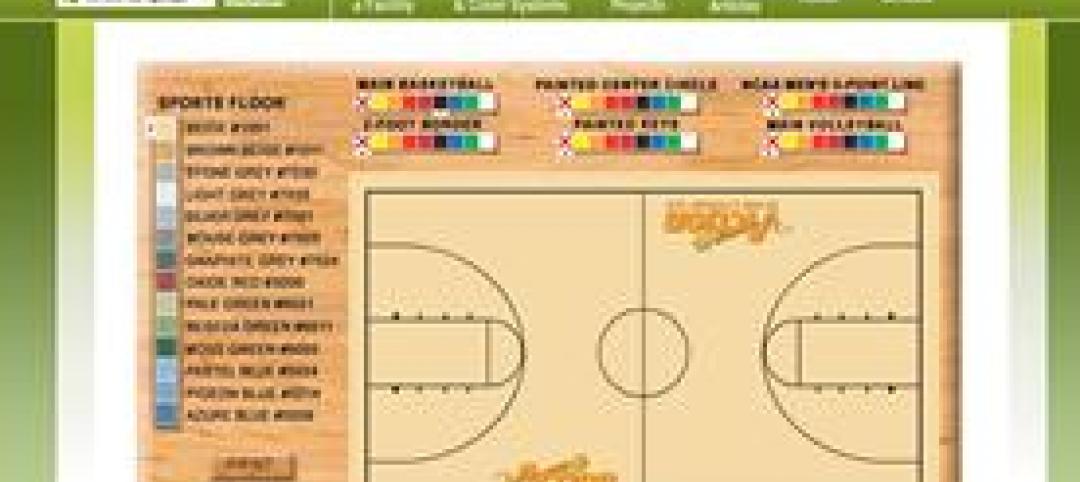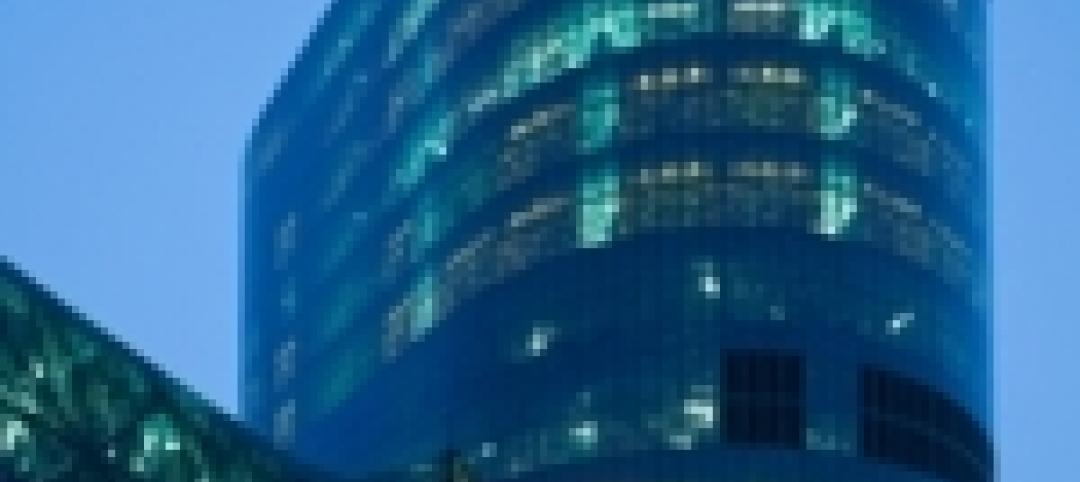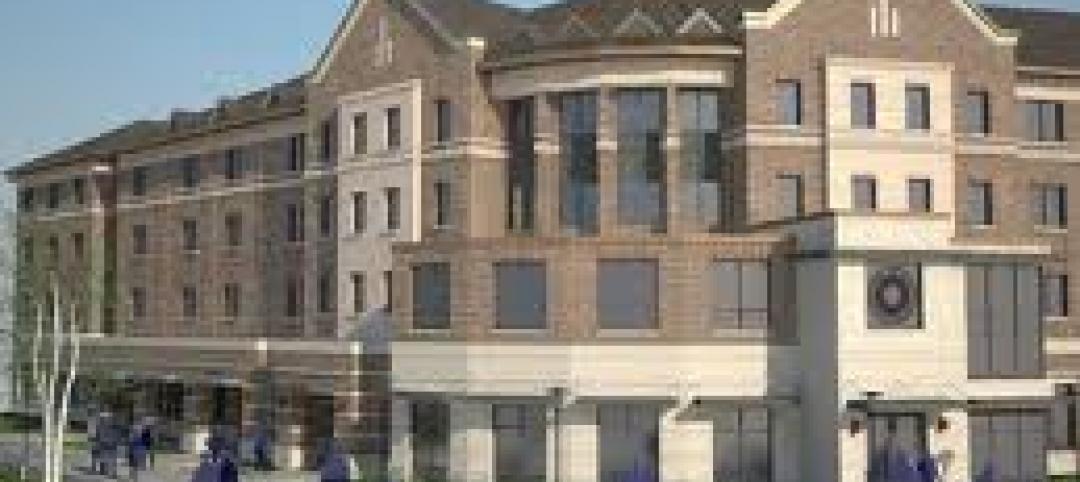By 2050, it is estimated that 70% of the world's population will live in cities. But as society and technology change, so will the urban landscape—and our metropolitan future will be quite different from current cities, according to Fast Company and a panel of design experts.
Across the cultural grid, from food to retail to transportation, America's urban areas are already undergoing a major metamorphosis. Here are the six major trends shaping our cities, from Fast Company:
1. The "sharing economy" will apply to housing, too. The line between public and private spaces will continue to blur as people move into a wider range of spaces with shared kitchens and living rooms, while renting or owning their own bedrooms and bathrooms.
2. Restaurants will double as living rooms. City populations are only getting more densely packed, meaning that living space is at a premium. As homes shrink, restaurants will become not just a place to eat, but needed space for socializing.
3. Your office will look like a library. Every day, it grows easier to work from home. As a result, employees have begun to expect workspaces more comfortable, socially-oriented spaces when they do go into the office, and this is changing how offices are designed.
4. The big-box store will be on the block, but you won't need to go. Big-box retailers such as Walmart and Target are moving into the city, but shopping is slowly booming more automated—so you may simply be able to bring the store home with you.
5. Your health will become a retail product. More healthcare facilities are mimicking retail locations in their style, and health is becoming a consideration for all types of design and building projects.
6. Infrastructure and transportation. Technology will quicken the pace of infrastructure and transportation innovation, making intercity travel faster and safer.
Read the full article at Fast Company.
Related Stories
| Oct 4, 2011
GREENBUILD 2011: Wall protection line now eligible to contribute to LEED Pilot Credit 43
The Cradle-to-Cradle Certified Wall Protection Line offers an additional option for customers to achieve LEED project certification.
| Oct 3, 2011
Magellan Development Group opens Village Market in Chicago’s Lakeshore East neighborhood
Magellan Development Group and Hanwha Engineering & Construction are joint-venture development partners on the project. The Village Market was designed for Silver LEED certification by Loewenberg Architects and built by McHugh Construction.
| Oct 3, 2011
Balance bunker and Phase III projects breaks ground at Mitsubishi Plant in Georgia
The facility, a modification of similar facilities used by Mitsubishi Heavy Industries, Inc. (MHI) in Japan, was designed by a joint design team of engineers and architects from The Austin Company of Cleveland, Ohio, MPSA and MHI.
| Oct 3, 2011
Cauceglia to lead Allsteel’s global accounts
Cauceglia is responsible for developing new global business strategies and expanding existing business within the Fortune 500 sector.
| Sep 30, 2011
BBS Architects & Engineers completes welcoming center at St. Charles Resurrection Cemetery
The new structure serves as the cemetery's focal architectural point and center of operations.
| Sep 30, 2011
Kilbourn joins Perkins Eastman
Kilbourn joins with more than 28 years of design and planning experience for communities, buildings, and interiors in hospitality, retail/mixed-use, corporate office, and healthcare.
| Sep 30, 2011
Design your own floor program
Program allows users to choose from a variety of flooring and line accent colors to create unique floor designs to complement any athletic facility.
| Sep 30, 2011
AAMA offers electronic technical documents with launch of virtual library
This new program offers a system for members to purchase annual licenses in order to offer electronic versions of AAMA publications in an effort to make AAMA’s technical information resources more readily available to their employees.
| Sep 29, 2011
Submit your Great Solutions
Profiles of Great Solutions will appear in December 2011 issue of Building Design+Construction.
| Sep 29, 2011
Busch Engineering, Science and Technology Residence Hall opens to Rutgers students
With a total development cost of $57 million, B.E.S.T. is the first on-campus residence hall constructed by Rutgers since 1994.



